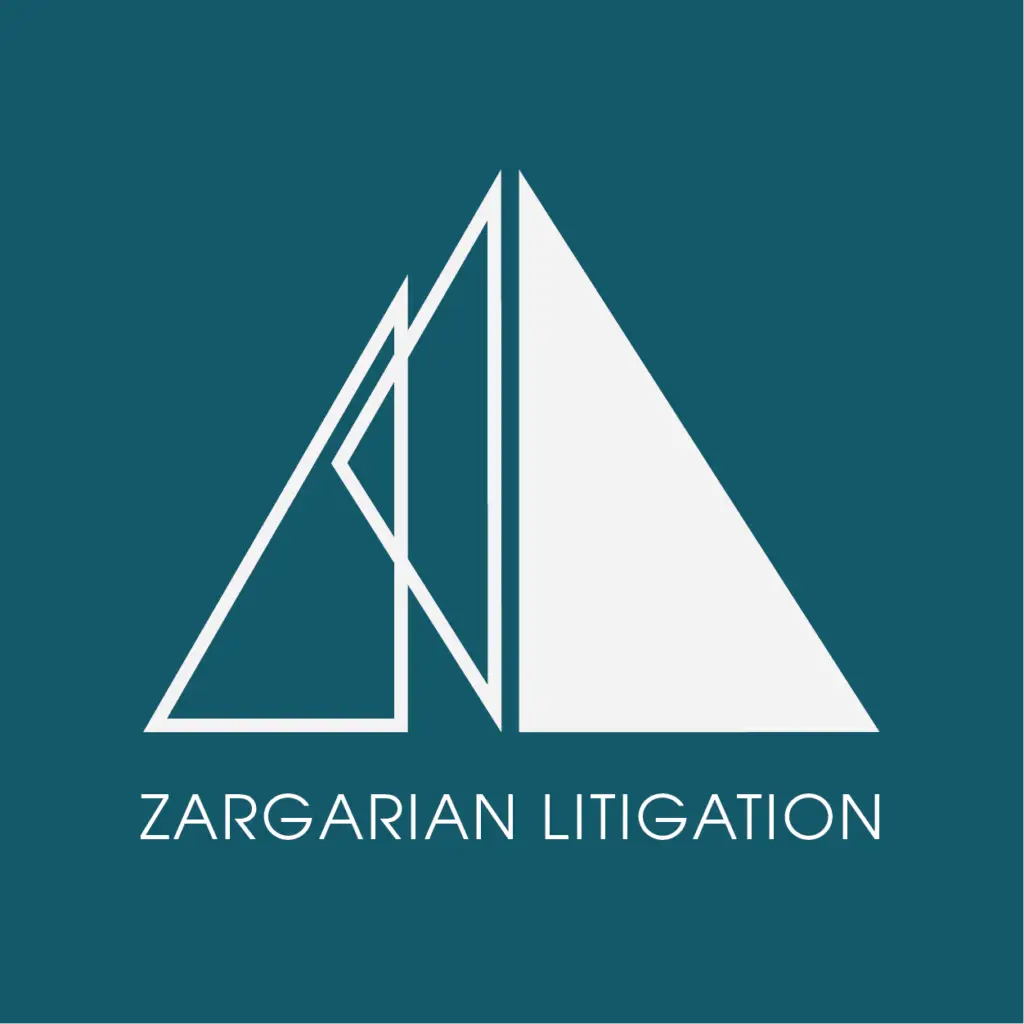Planning to add a member to your family is an exciting time. Understanding whether and how this decision impacts your employment may help you feel more confident in your planning. Here’s what you need to know.
- Parental leave is protected under the BC Employment Standards Act.
- Pregnant folks should not be terminated, or treated unfairly/unequally, because they are pregnant – this is discrimination
- Does your employer have a pattern of terminating pregnant folks?
- Did you employer terminate you for performance issues when it didn’t terminate others for similar performance issues?
Pregnant folks can be terminated legally. However, they shouldn’t be terminated because they are pregnant. An employment or human rights lawyer can help you discern whether this is happening to you or not.
BC Employment Standards Act – Maternity Leave/Parental Leave
Maternity Leave
Maternity leave allows your to request an unpaid leave of up to 17 weeks. Pregnant workers have the flexibility to decide when they would like to take maternity leave. In fact, you are permitted to start your maternity week up to 13 weeks prior to your due date.
So, you would have 13 weeks off while you are pregnant and another four weeks off once you have had the baby. However, you can choose to take less pregnancy leave and more leave once the baby is born. For example, you could take the last 9 weeks off while you are pregnant and another 8 weeks following giving birth. Combined with parental leave, you can take up to 78 weeks off work.

Finally, your job is protected while you are on maternity leave, you are entitled to return to the same position once completing your leave.
Here’s what the Act says about maternity leave:
- 50 (1) A pregnant employee who requests leave under this subsection is entitled to up to 17 consecutive weeks of unpaid leave, which must be taken during the period that begins
- (a) no earlier than 13 weeks before the expected birth date, and
- (b) no later than the actual birth date
- and ends no later than 17 weeks after the leave begins.
- (1.1) An employee who requests leave under this subsection after giving birth to a child is entitled to up to 17 consecutive weeks of unpaid leave, which must be taken during the period that begins on the date of the birth and ends no later than 17 weeks after that date.
- (2) An employee who requests leave under this subsection after the termination of the employee’s pregnancy is entitled to up to 6 consecutive weeks of unpaid leave, which must be taken during the period that begins on the date of the termination of the pregnancy and ends no later than 6 weeks after that date.
- (3) An employee who requests leave under this subsection is entitled to up to 6 additional consecutive weeks of unpaid leave if, for reasons related to the birth or the termination of the pregnancy, the employee is unable to return to work when the employee leave ends under subsection (1), (1.1) or (2).
- (4) A request for leave must:
- (a) be given in writing to the employer,
- (b) if the request is made during the pregnancy, be given to the employer at least 4 weeks before the day the employee proposes to begin leave, and
- (c) if required by the employer, be accompanied by a medical practitioner’s or nurse practitioner’s certificate stating the expected or actual birth date or the date the pregnancy terminated or stating the reasons for requesting additional leave under subsection (3).
- (5) If an employee on leave under subsection (1) or (1.1) proposes to return to work earlier than 6 weeks after giving birth to the child, the employer may require the employee to give the employer a medical practitioner’s or nurse practitioner’s certificate stating the employee is able to resume work.
Parental Leave

Parental leave is the leave that both parents are permitted to take once the child is born or once the adoption process is complete. This would be leave in addition to maternity leave.
So, for the birth parent you can take your 17 weeks of maternity leave and then immediately start taking your parental leave. You are allowed up to 35 weeks of parental leave. If added to your maternity leave, that gives you a total of 52 weeks of leave.
You may also apply for extended parental leave (61 weeks) which adds up, in addition to your 17 weeks, to 78 weeks in total.
EXAMPLE
Pregnant employees and employees on a maternity or parental leave, are afforded extra-statutory protections for their employment. Being wrongfully dismissed while pregnant and during/after your maternity leave is challenging. If you think you have been wrongfully dismissed during your maternity or parental leave – please contact a lawyer today.
Here’s what the Act says about parental leave:
- 51 (1) An employee who requests leave under paragraph (a), (b) or (d) of this subsection is entitled to,
- (a) for a parent who takes leave under section 50 in relation to the birth of the child or children with respect to whom the parental leave is to be taken, up to 61 consecutive weeks of unpaid leave, which must begin, unless the employer and employee agree otherwise, immediately after the end of the leave taken under section 50,
- (b) for a parent, other than an adopting parent, who does not take leave under section 50 in relation to the birth of the child or children with respect to whom the parental leave is to be taken, up to 62 consecutive weeks of unpaid leave, which must begin within 78 weeks after the birth of the child or children, and
- (c) [Repealed 2011-25-327.]
- (d) for an adopting parent, up to 62 consecutive weeks of unpaid leave, which must begin within 78 weeks after the child or children are placed with the parent.
- (2) If the child has a physical, psychological or emotional condition requiring an additional period of parental care, an employee who requests leave under this subsection is entitled to up to an additional 5 consecutive weeks of unpaid leave, beginning immediately after the end of the leave taken under subsection (1).
- (3) A request for leave must
- (a) be given in writing to the employer,
- (b) if the request is for leave under subsection (1) (a) or (b), be given to the employer at least 4 weeks before the employee proposes to begin leave, and
- (c) if required by the employer, be accompanied by a medical practitioner’s or nurse practitioner’s certificate or other evidence of the employee’s entitlement to leave.
- (4) An employee’s combined entitlement to leave under section 50 and this section is limited to 78 weeks plus any additional leave the employee is entitled to under section.
- 50 (3) or subsection (2) of this section.
So, if you are planning to take pregnancy and maternity leave in British Columbia, here is what you need to know.
ACCOMMODATIONS FOR PREGNANCY
If your pregnancy is interfering with your ability to adequately carry out your job duties, you are entitled to request reasonable accommodation. This includes sickness, mobility, and travel.
Does Maternity Leave Apply To Part-Time Employees?
All sections in the Employment Standards Act apply to full-time, part-time and casual employees. So yes, as a part-time employee you are also entitled to maternity leave as per section 50 of the Act.
What Benefits Are You Entitled To?
While some employers may include paid maternity leave as part of their employment contract structure, for most employees, their maternity leave and parental leave is unpaid.
Fortunately, pregnant workers are entitled to claim benefits from the Employment Insurance scheme, provided that they have 600 insurable hours over the last 12 month period before the start of their maternity leave.
The Employment Insurance benefit entitles the birthing parents to up to 55% of their earnings for 15 weeks.
For more specifics on eligibility and Employment Insurance applications, visit the Government of Canada’s website.

Can You Get Fired Because You Are Pregnant?
No, you cannot be fired because you are pregnant. In addition to the leave entitlements provided by the Employment Standards Act, pregnant employees are entitled to protection from human rights law. And in terms of BC’s human rights law, your pregnancy status is a protected ground.
In other words, your employer cannot treat you differently or discriminate against you because you are pregnant.
If your employer has fired you as a result of your pregnancy status, you may wish to pursue a claim for wrongful dismissal or a discrimination complaint. If you would like more information, please contact an employment lawyer to discuss your circumstances.
Key Takeaways
To summarize your maternity leave and parental leave entitlements, here is what you need to know:
- Birthing parents are eligible to take up to 17 weeks of maternity leave.
- Both parents are entitled to take standard parental leave of 35 weeks or extended parental leave of 61 weeks.
- Birthing parents can take parental leave immediately following their maternity leave.
- Typically, maternity and parental leave is unpaid but you may have access to Employment Insurance benefits.
- You cannot be discriminated against as a result of your pregnancy status.
If you believe that you have not been granted adequate leave in terms of your Employment Standards rights or if you have been discriminated against due to your pregnancy status, get in touch with us today.


